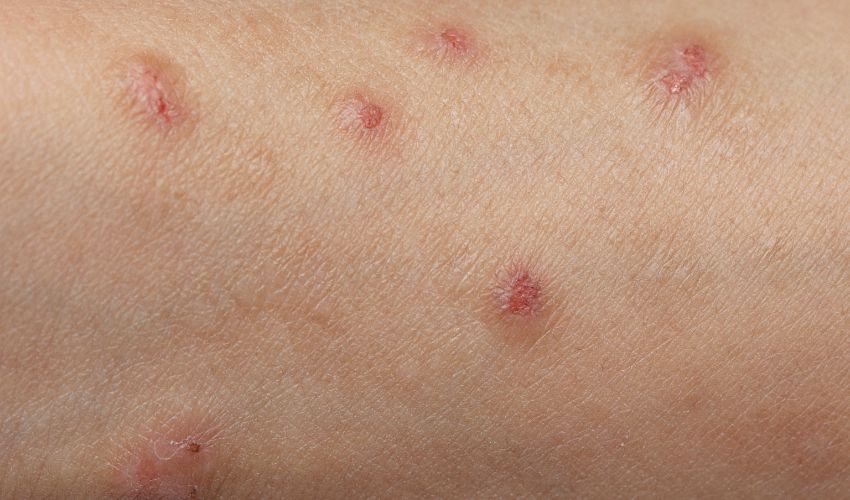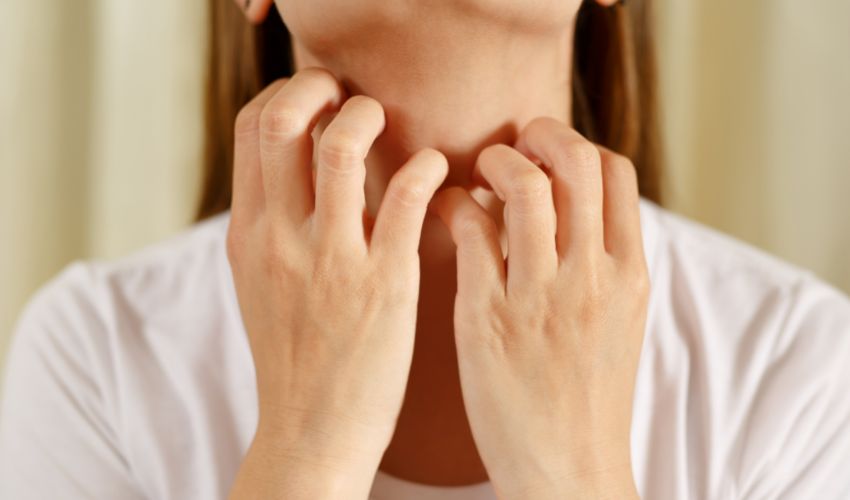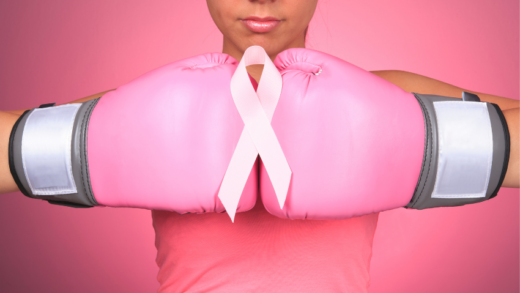Itchy skin, also known as pruritus, is a common condition that affects people of all ages and skin types. It can be caused by a variety of factors, including dry skin, allergies, insect bites, and underlying medical conditions. While itchy skin is not usually a serious condition, it can be very uncomfortable and disruptive to your daily life.
Fortunately, there are many ways to soothe itchy skin and improve your overall skin health. In this article, we’ll explore the causes and symptoms of itchy skin, as well as the most effective treatments and home remedies to help you find relief.
Causes and Symptoms of Itchy Skin:
Itchy skin can be caused by a variety of factors, including:
- Dry skin: When your skin is dry, it can become itchy and flaky. This is especially common in the winter months when the air is dry and cold.
- Allergies: Allergic reactions to certain foods, medications, or products can cause itchy skin. Common allergens include nuts, dairy, and latex.
- Insect bites: Mosquitoes, fleas, and other insects can leave behind itchy bumps and rashes on your skin.
- Eczema: Eczema is a chronic skin condition that causes dry, itchy, and inflamed skin.
- Psoriasis: Psoriasis is a chronic autoimmune condition that causes thick, scaly patches of skin that can be itchy and painful.
- Hives: Hives are raised, red, and itchy bumps on the skin that can be caused by an allergic reaction, stress, or other factors.

Symptoms of itchy skin can vary depending on the underlying cause.
Common symptoms include:
- Redness
- Dryness
- Flaking
- Bumps or rashes
- Swelling
- Burning or stinging sensation
Treatments and Home Remedies for Itchy Skin:
There are many treatments and home remedies you can use to soothe itchy skin, including:
- Moisturize your skin: Keeping your skin hydrated can help prevent dryness and itching. Use a good quality moisturizer daily, especially after showering or bathing.
- Take cool baths or showers: Hot water can dry out your skin and make itching worse. Try taking cool baths or showers and avoid using harsh soaps or body washes.
- Use topical creams or ointments: Over-the-counter creams and ointments that contain hydrocortisone, calamine, or menthol can help relieve itching and soothe your skin.
- Apply cold compresses: Applying a cold, wet compress to the affected area can help reduce swelling and relieve itching.
- Avoid scratching: Scratching can damage your skin and make itching worse. Try to resist the urge to scratch and use other remedies instead.
- Identify and avoid triggers: If your itchy skin is caused by an allergy or other trigger, try to identify and avoid the trigger as much as possible.
FAQs:
Can stress cause itchy skin?
Yes, stress can cause or worsen itchy skin. Stress can affect your immune system and trigger inflammation, which can lead to itching and other skin problems.

How long does itchy skin last?
The duration of itchy skin depends on the underlying cause. In some cases, it may last for a few days or weeks, while in others, it may be a chronic condition that requires ongoing management.
Can certain foods cause itchy skin?
Yes, certain foods can cause itchy skin in some people. Common food allergens that can trigger itching include nuts, dairy, shellfish, and eggs.
When should I see a doctor for itchy skin?
You should see a doctor for itchy skin if it is severe, lasts for more than a few weeks, or is accompanied by other symptoms such as fever, swelling, or difficulty breathing.
Are there any natural remedies for itchy skin?
Yes, there are many natural remedies that can help relieve itching, including aloe vera, oatmeal baths, coconut oil, and apple cider vinegar. However, it’s important to talk to your doctor before trying any new remedies, especially if you have a medical condition or are taking medications.
Conclusion:
Itchy skin can be uncomfortable and disruptive, but it’s usually not a serious condition. By understanding the causes and symptoms of itchy skin, as well as the best treatments and home remedies, you can find relief and improve your overall skin health. Remember to moisturize your skin, take cool baths or showers, and use topical creams or ointments to soothe itching. If you’re experiencing severe or chronic itching, be sure to see a doctor for further evaluation and treatment.






















